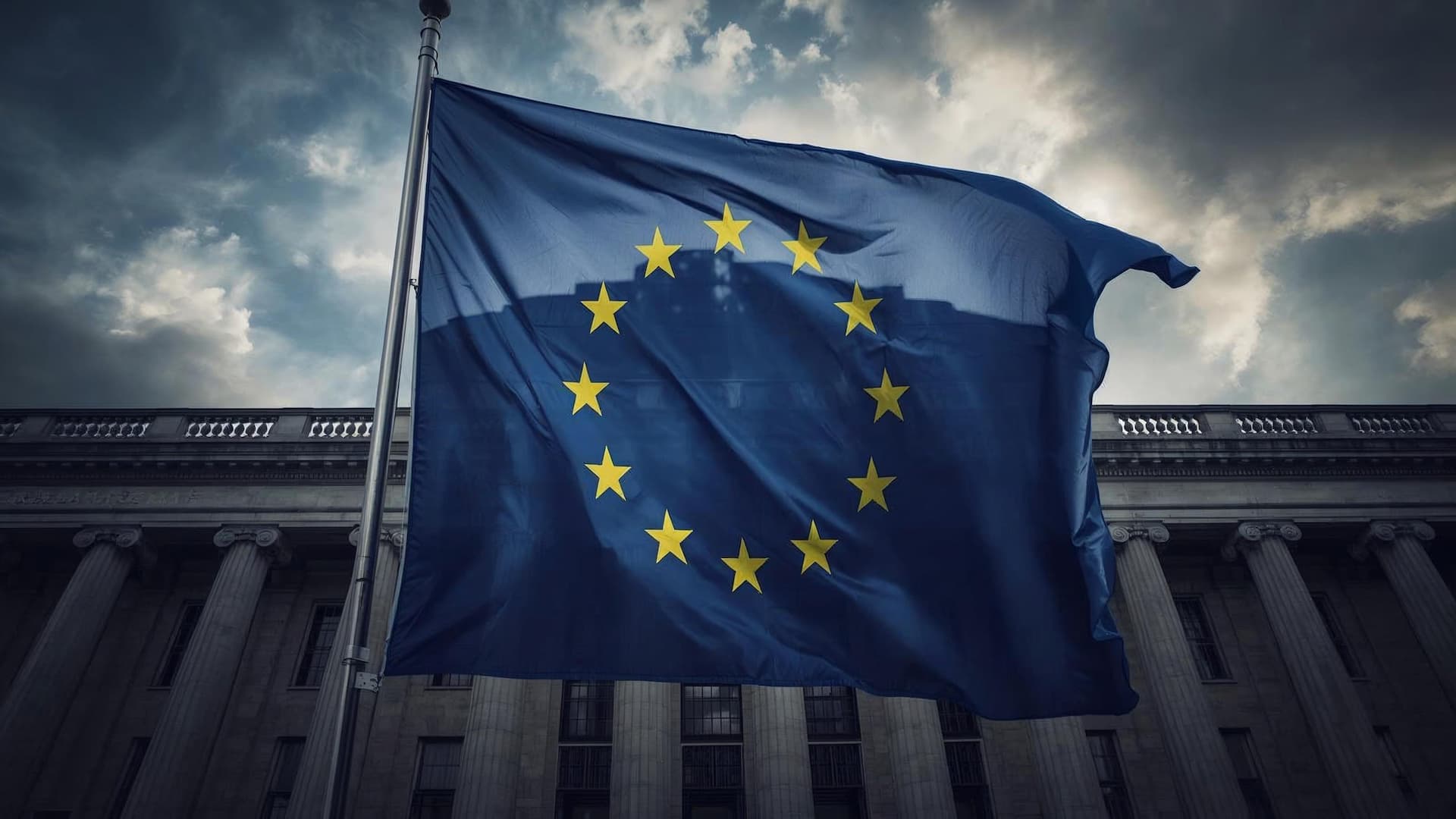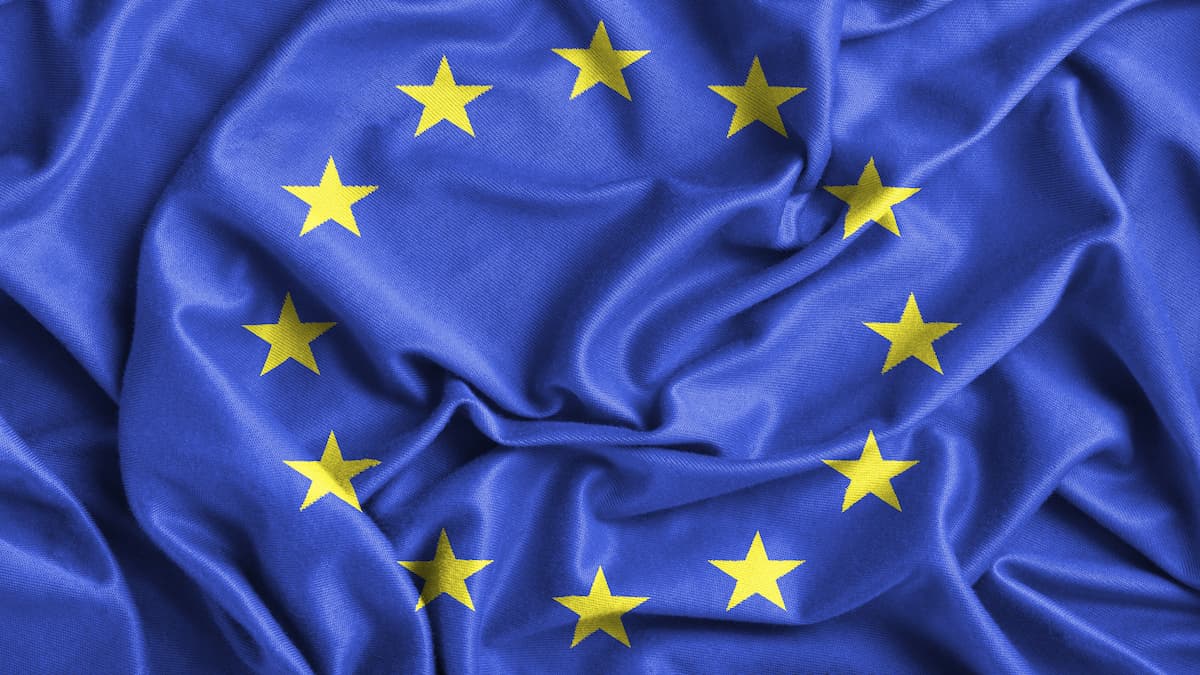Google has expanded access to the Canvas feature in Google Search’s AI Mode, making it available to all US users.
Canvas allows users to organise research, draft documents and develop small applications directly inside search.
Prompts can generate code, transform reports into webpages or quizzes, and produce audio summaries from uploaded material. The tool was previously introduced as part of experimental projects in Google Labs.
The feature builds on capabilities already available in Google Gemini and partly overlaps with NotebookLM, which supports research analysis and document processing.
Within Canvas, users can gather information from the web and the Google Knowledge Graph while refining projects through interaction with the Gemini model.
Competition is intensifying across AI development platforms. OpenAI and Anthropic offer similar tools, though their design approaches differ in how collaborative workspaces are triggered and used.
Would you like to learn more about AI, tech and digital diplomacy? If so, ask our Diplo chatbot!










